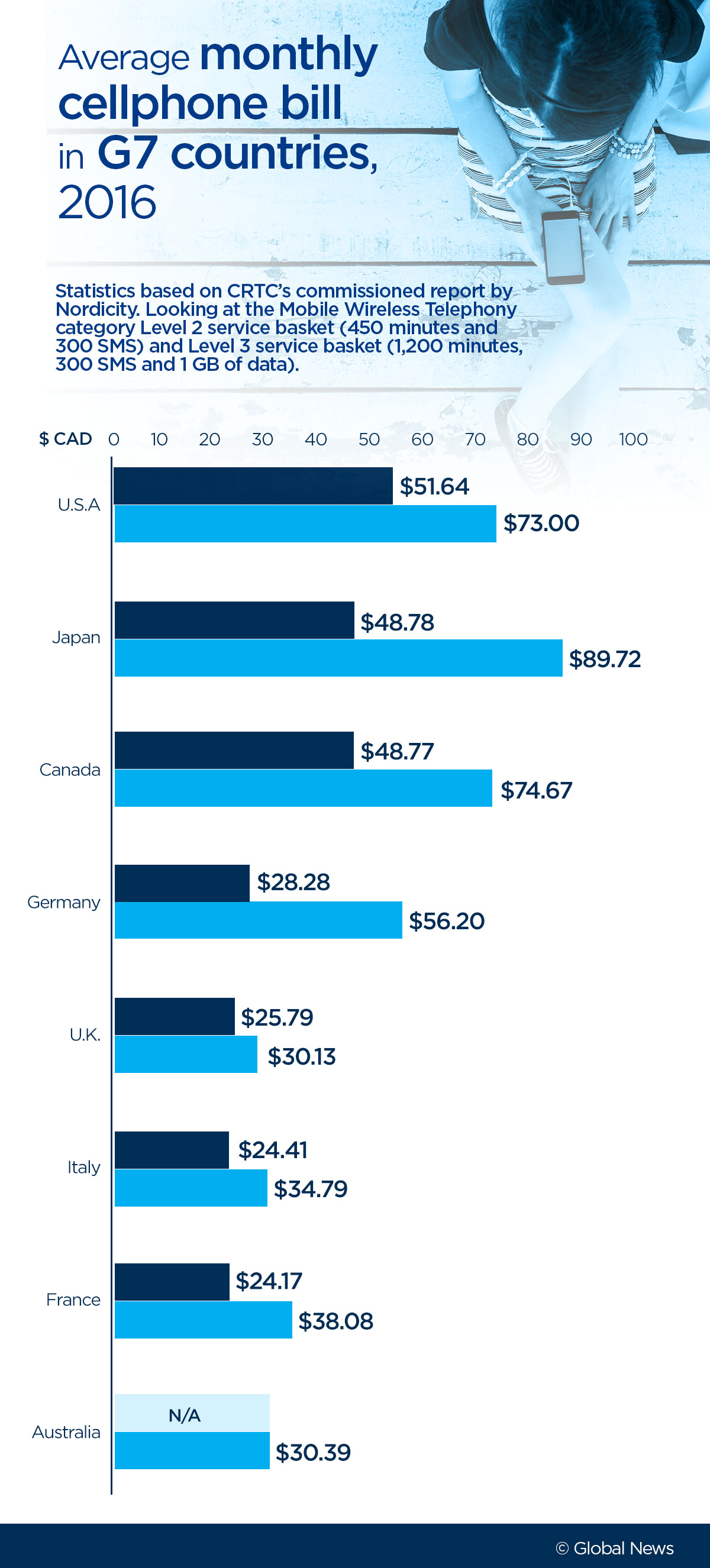$200 — if you ask British Columbians, that’s all that separates four in 10 of them from not being able to pay the bills.

That’s according to the MNP Consumer Debt Index, a quarterly survey that gauges how well Canadians can afford their bills, stick to budgets and cope with changes like interest rate hikes.
Coverage of household debt on Globalnews.ca:
The survey, released Monday, found that nearly half of British Columbians expect to go deeper into debt to pay their bills in 2018.
That’s a sentiment that has jumped 12 points since September.
The survey also found that a quarter of British Columbians said they can’t pay their bills or make their debt payments right now, and that’s up two per cent from four months ago.
READ MORE: Over half of Canadians are $200 or less away from not being able to pay bills
Those who are confident about keeping up with their payments also said they don’t have as much money left at the end of the month as they did before.
Respondents said they were left with an average of $802 after paying off their bills and meeting their debt payments — that’s 17 per cent less than they said in June’s survey ($962).
“The findings demonstrate just how financially vulnerable British Columbians are; even small interest rate increases result in escalating financial strain and anxiety,” Lana Gilbertson, a licensed insolvency trustee at MNP Debt, said in a statement.
The latest index came amid reports that the Bank of Canada could soon raise interest rates for the third time since July.
That seems a likely prospect following a solid jobs report and a Business Outlook Survey that showed strong business sentiment across the country.
Meanwhile, MNP Debt’s survey showed that as many as one in three British Columbians (36 per cent) were afraid of financial trouble if interest rates went up any more.
It also showed 26 per cent agreeing that they’re worried about rising interest rates, which was four points higher than in September.
B.C.: Canada’s highest debt service ratio
Those sentiments emerged in a place that had Canada’s highest debt service ratio among all provinces in 2016, at 7.05 per cent.
This chart illustrates how debt service ratios have trended in the past two decades:
Ontario was second, with 6.81 per cent.
In fact, B.C. has had the country’s highest debt service ratio in every year since 1991, though it has trended downward since 2008.
The debt service ratio is a measure of the amount of interest paid on mortgage and non-mortgage debt, divided by household disposable income.
And it’s likely only going down in B.C. because interest rates have been so low in recent years, said UBC economics professor Giovanni Gallipoli.
Debt in the province is likely mortgage-driven, given B.C.’s high home prices — an indicator that essentially masks how the economy is really doing, he argued.
“There is a lot of misinformation in B.C., people say B.C. is booming,” Gallipoli told Global News.
“The truth is that the cost of living is so high that many people struggle. When they struggle, sometimes they go into debt.”
Gallipoli said a better measure for how the economy is doing would be to look at how much you can afford for the pay you earn in a given labour market.
“Your effective consumption ability, how much you can buy,” he said.
“And by that metric, B.C. has been doing worse and worse over the past 20 years, even though many people would claim the opposite.”
What to do?
Gallipoli had a few simple tips for how to manage your household debt.
One was to buy a smaller or cheaper home, “if you have to buy a place.”
He also recommended buying a fuel-efficient car.
“The bottom line is that people have to budget,” Gallipoli said.
“Certainly, if interest rates go up, it’s very inefficient to maintain a large debt liability.
“If you can pay off the principal of your debt, it is a good time to do it, because interest rates will start creeping up again.”
Methodology: Index data was compiled by Ipsos on behalf of MNP between Dec. 8 and 13; a sample of 2,001 Canadians from the Ipsos I-Say panel was interviewed online; precision of online polls is measured using a credibility interveal; in this case, the results are accurate to within +/- 2.5 percentage points, 19 times out of 20, of what the results would have been had all Canadian adults been polled; credibility intervals are wider among subsets of the population












Comments